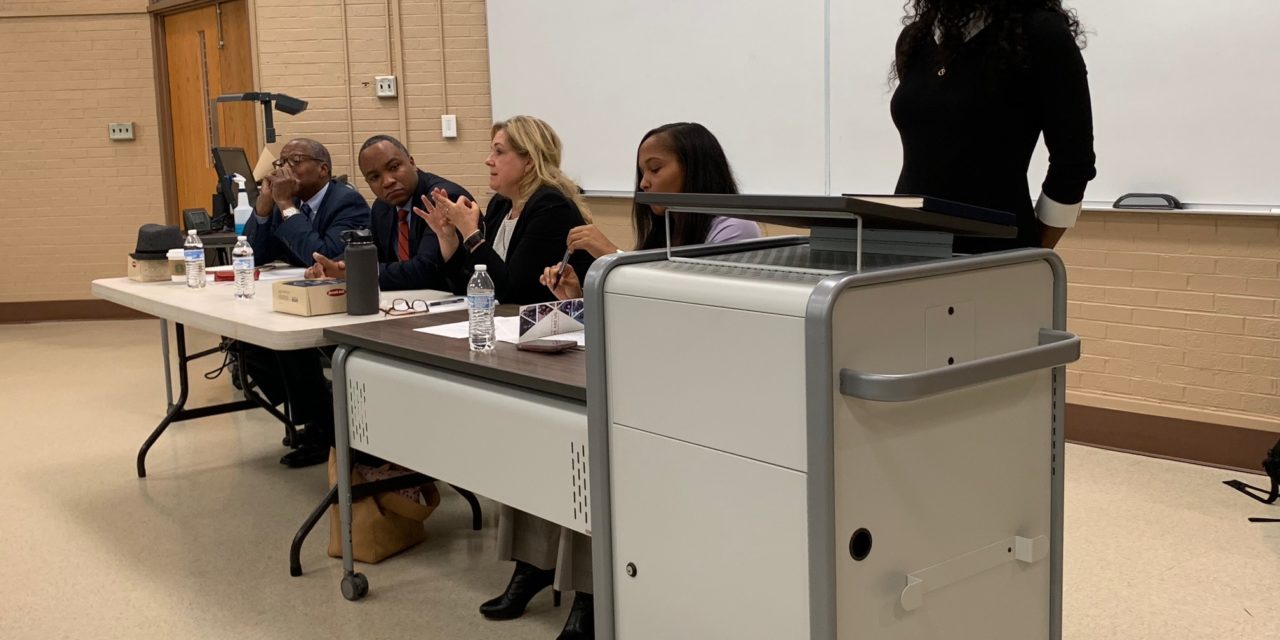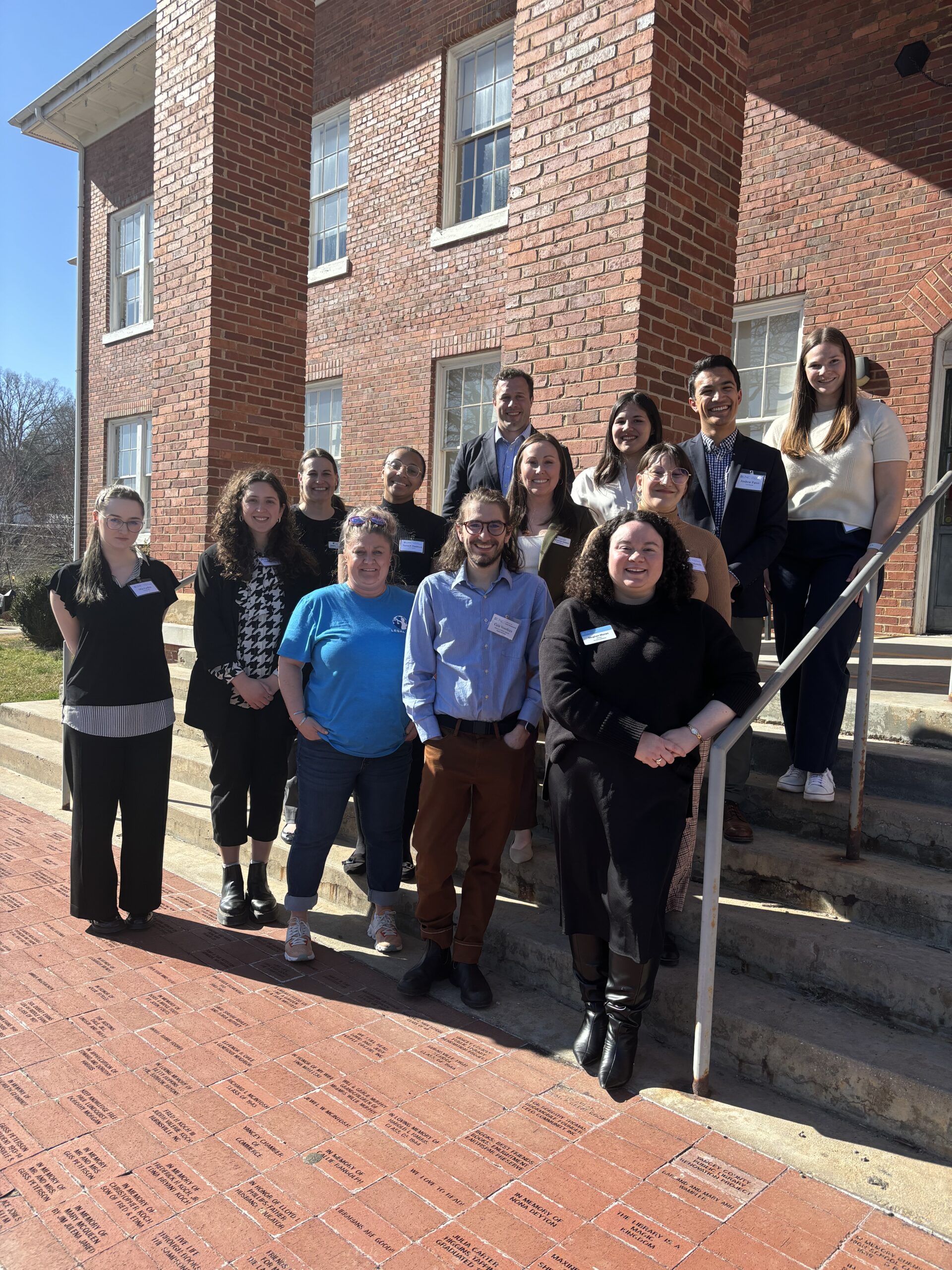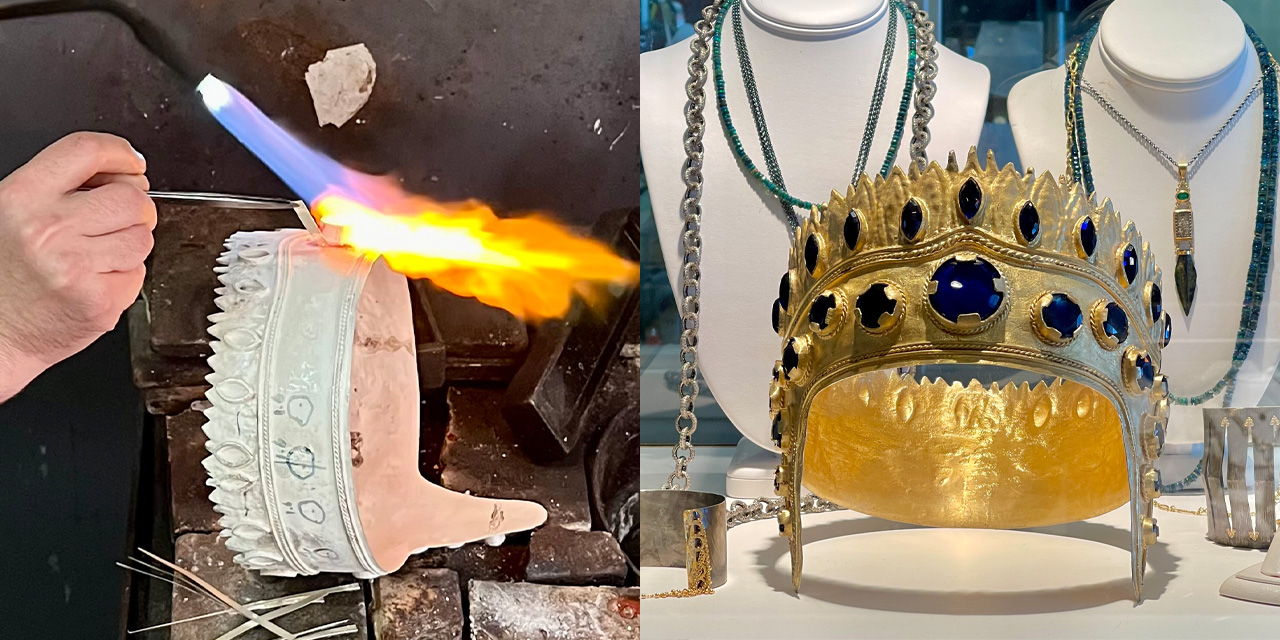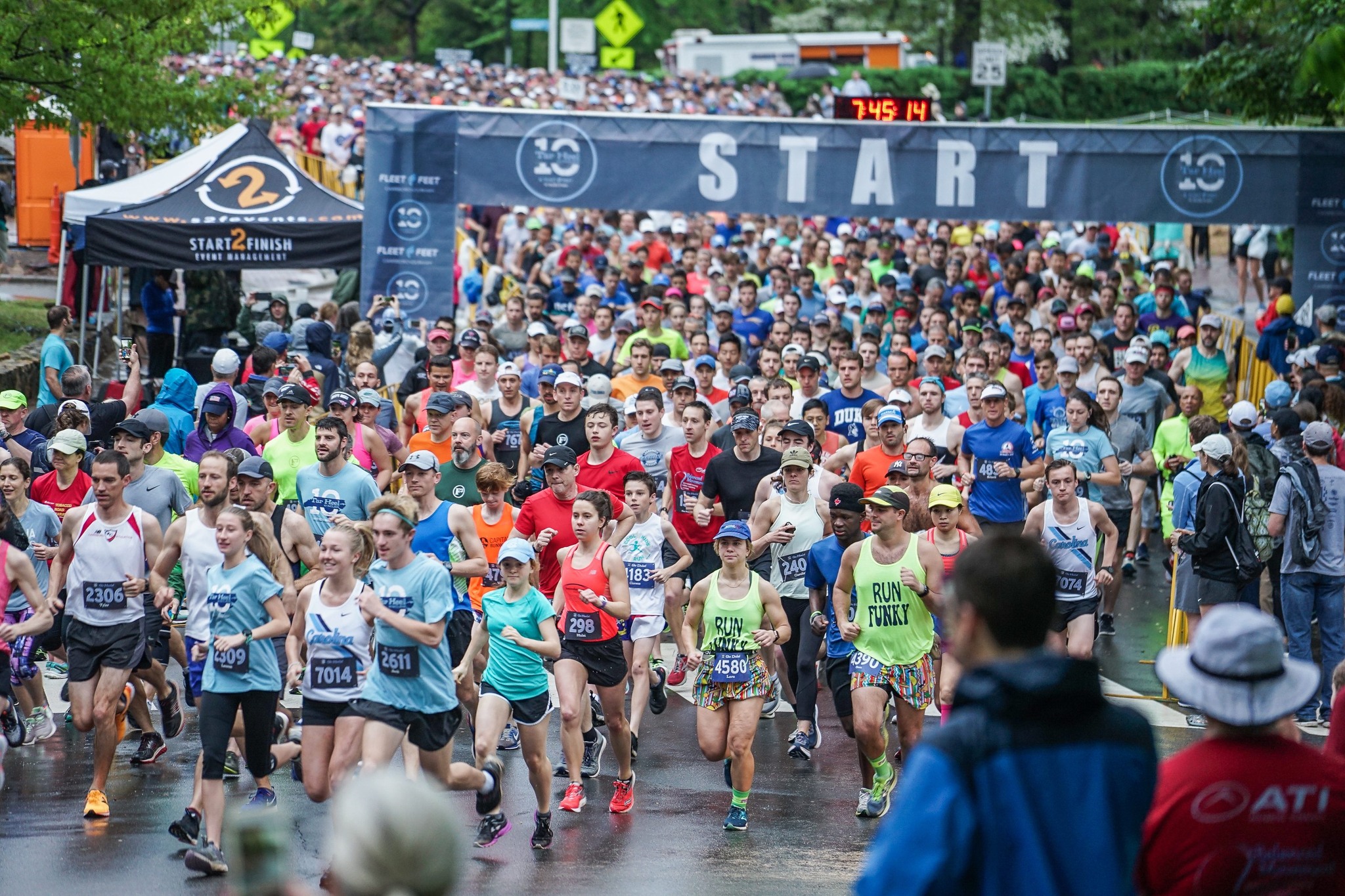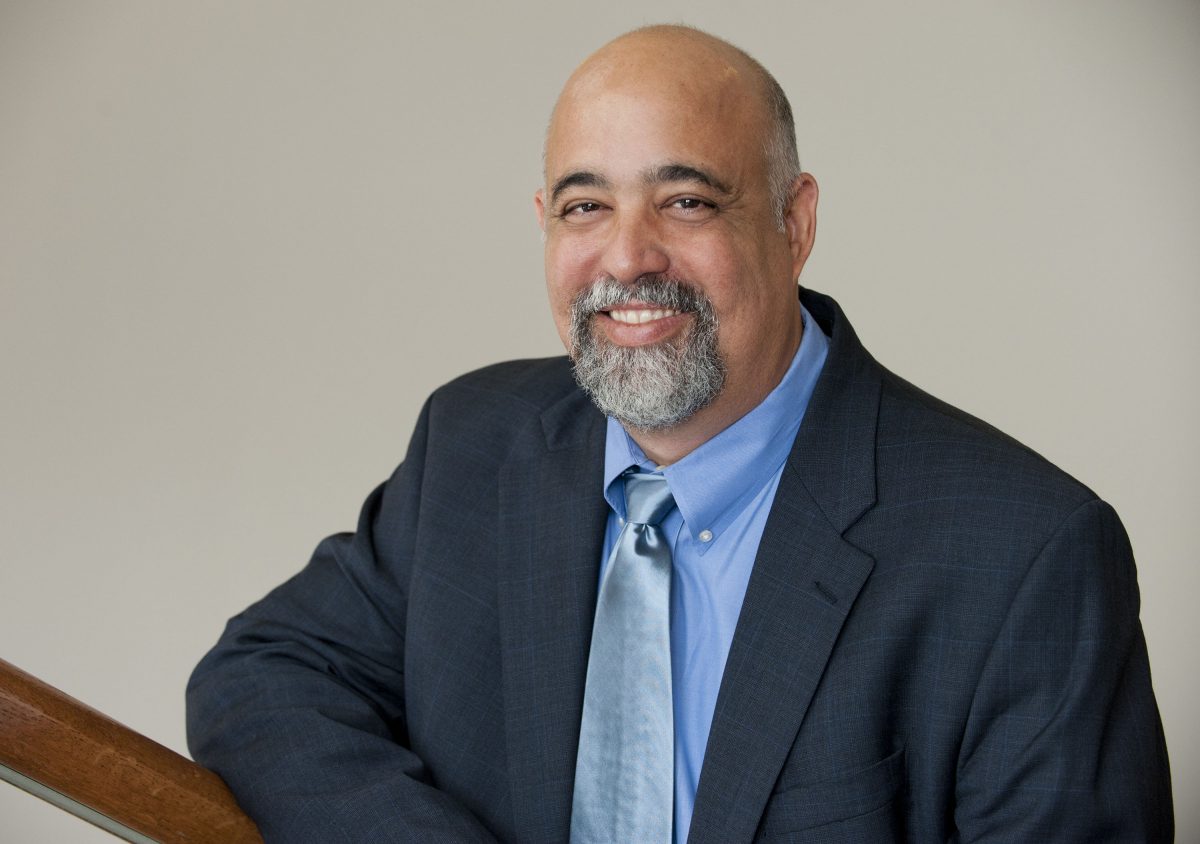Law professionals visited UNC for a panel inspired by the Netflix series ‘When They See Us’ last week.
‘When They See Us’ tells the story of the Central Park Five, a group of African-American men who were wrongly convicted for assaulting a jogger in New York City in 1989. The series is a dramatic depiction of their treatment by police leading to the giving of false confessions and their readjustment into society following the overturning of their convictions years later.
Inspired by the Netflix series, UNC’s Black Law Student Association used the show as a starting point to host a panel for discussing the intersections of race and law. The panel featured four law professionals from across the state who discussed the series, how it relates to their experiences in the justice system and what lessons to take from the Central Park Five’s case.
Judge Abraham Jones, who worked for 40 years in the legal field before retiring in 2012, said he felt similar fears as the main characters did when he grew up. He said when reflecting on how the justice system has changed from 1989 to today, he could not think of many significant differences.
“I kept wondering, if it had been five white boys, would it have happened,” asked Jones. “The answer is no, and we all know that. Could that same [wrongful conviction] happen today? Yes. We have a lot of work to do and I encourage people of all races: we need you fighting for a [fair] system for all of us.”
In addition to highlighting flaws in the police’s investigation, the show also focuses on the shortcomings and dangers of the prison system. Chris Mumma, the executive director of the North Carolina Center on Actual Innocence, said the depiction of one character’s experiences in prison raises questions about the country’s correctional system and shows how it needs improvement.
“What do we want our prisons to look like,” she asked. “What are they there for? Are we using them [as an alternative place] to put people with drug addictions and mental health issues? What type of controls can we put over guards? I think the prison system is the area that needs to be revamped.”
Mumma also spoke to the popularity of true crime shows and documentaries as an effective way to spark advocacy. But she also expressed concern over how it takes entertainment content like ‘When They See Us’ for a wider public to recognize deep-set issues in the criminal justice system.
“In some ways, it’s frustrating because I’ve been doing this work for 19 years, and I can’t figure out why we need a movie to get people interested,” said Mumma. “I’m waiting for the advocacy itself to get people to the table to discuss the solutions, that are not only for those wrongly convicted but for the victims of crime and the true perpetrators who remain on the street.”
Whitley Carpenter echoed those sentiments. The attorney for the law center Forward Justice summarized the importance of empowering those in marginalized communities with or without the inspiration of a television series or movie. She reminded the panel that elected officials and those in power must be held accountable by the constituents.
“You don’t win because you’re right, you win because you’re strong,” Carpenter said. “No, it’s not right these five kids were treated the way they were, but it’s what happened. No, it’s not right we spend $2 billion in North Carolina on corrections alone, but it’s not being challenged because we don’t have that power.”
An organizer for UNC’s Black Law Student Association says the group will host more panels on similar topics in the coming months.

